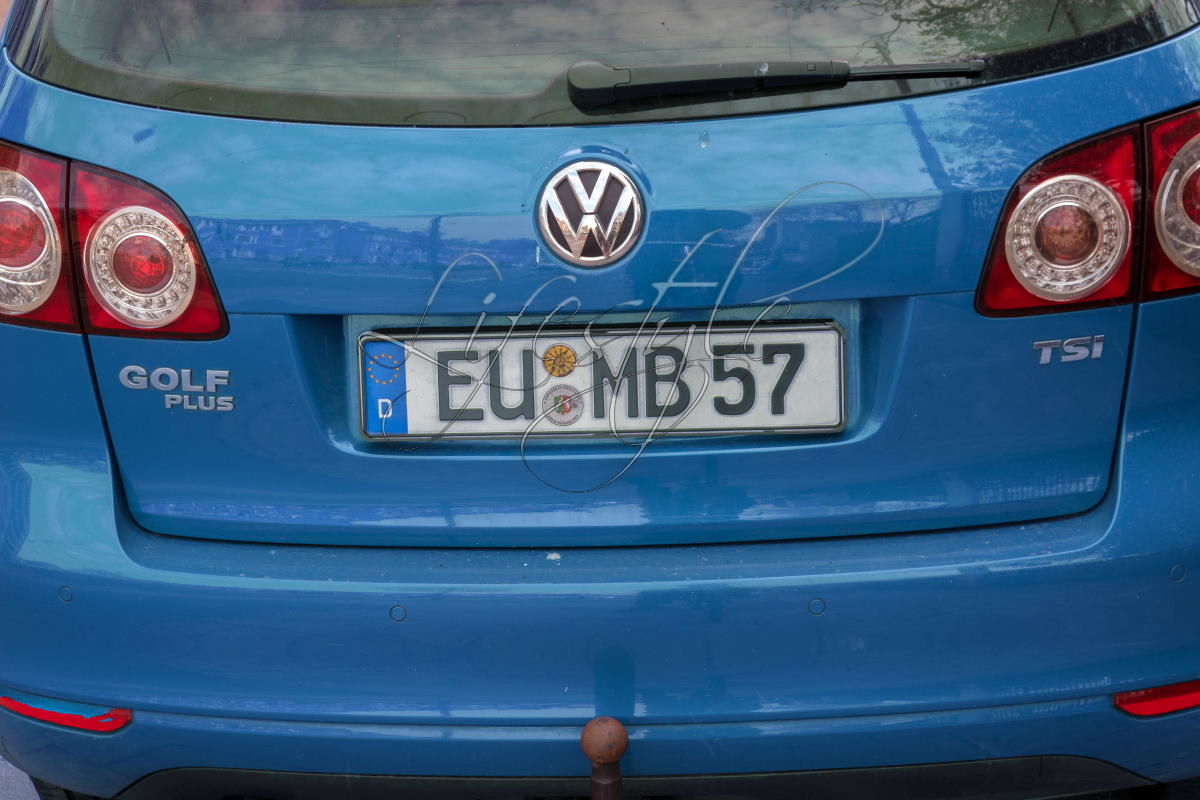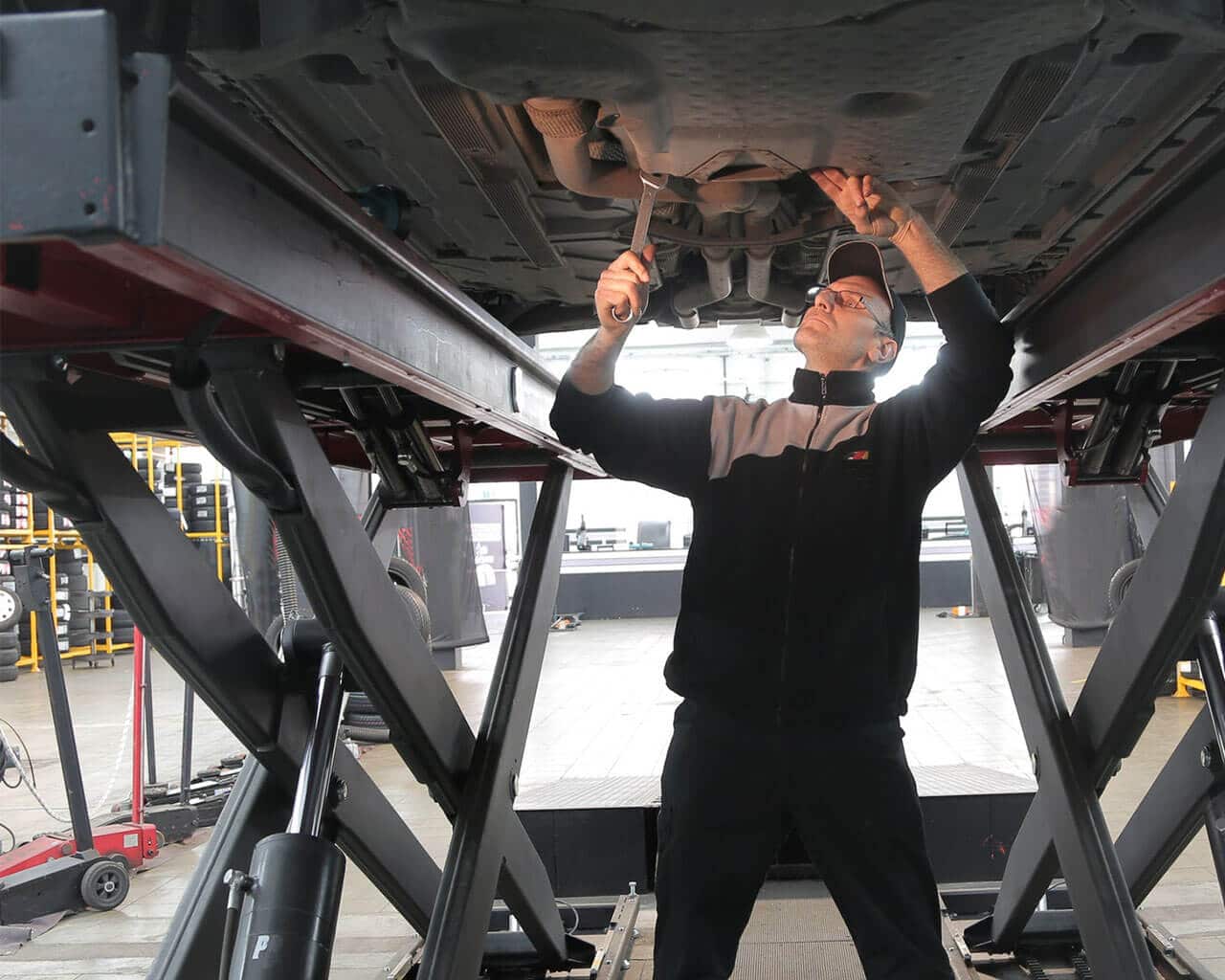Vital Records Needed to Register a Foreign Vehicle in Spain
Vital Records Needed to Register a Foreign Vehicle in Spain
Blog Article
Usual Obstacles Encountered During Foreign Automobile Registrations and Exactly How to Conquer Them
Navigating the intricacies of foreign lorry registrations can be a daunting job, laden with challenges that vary significantly across jurisdictions. Problems such as analyzing neighborhood guidelines, getting over language barriers in essential paperwork, and fixing up discrepancies in lorry specs often occur.

Understanding Neighborhood Regulations
Browsing the intricacies of foreign car enrollment starts with an extensive understanding of regional regulations. Each nation has its specific laws and demands governing the enrollment of cars, which can vary considerably from one territory to an additional (Register a foreign Vehicle in Spain). It is essential for international vehicle proprietors to acquaint themselves with these regulations to make certain conformity and prevent possible fines or lawful issues

Additionally, some territories mandate car examinations to identify conformity with regional safety and security and exhausts criteria. This may demand adjustments to the automobile before it can be legally registered. Involving with local authorities or speaking with lawful experts can give quality on these regulations.
Language Barriers in Documents
Language obstacles posture significant difficulties when it concerns the documentation required for foreign car registration. Many individuals run into problems in recognizing the certain requirements laid out in neighborhood laws, as these papers are often released in the main language of the host country. Misinterpretations can cause the entry of wrong or insufficient documents, causing hold-ups or rejection of enrollment.
Furthermore, necessary papers, such as title acts, evidence of possession, and insurance plan, may not have readily available translations - Register a foreign Vehicle in Spain. This can develop complication for foreign vehicle owners who are strange with the regional terminology and legal lingo. Therefore, navigating the registration process becomes cumbersome, often calling for additional effort and time to make sure compliance
To mitigate these concerns, it is advisable for international car proprietors to seek professional translation solutions or seek advice from neighborhood specialists who can aid in understanding the requisite documentation. In addition, federal government companies might supply multilingual sources or standards to assist in the registration procedure. Proactively dealing with language barriers can improve the registration experience, making certain that all required documents are properly prepared and sent in conformity with local guidelines.
Automobile Spec Inconsistencies

Running into vehicle spec inconsistencies can produce considerable obstacles for international vehicle owners throughout the registration process. These disparities frequently emerge from differences in making requirements, measurement check my source systems, and governing demands in between the car's native land and the host country. As an example, an automobile that fulfills security and exhausts criteria in one nation might not line up with the specifications needed for registration in an additional, causing delays or straight-out rejections.
To overcome these difficulties, it is critical for international lorry proprietors to carry out extensive research before launching the registration process. This includes recognizing the details needs established by the local authorities, such as safety criteria, emissions levels, and any kind of necessary adjustments. Involving with a professional service focusing on international car registration can additionally give beneficial insights and aid in browsing these disparities.
Documentation plays a crucial duty, so making sure that all technological requirements and adjustments are precisely mirrored in the documents can alleviate concerns. Get the facts In addition, preserving open communication with local enrollment authorities can offer clearness on any possible disparities, investigate this site allowing for prompt resolution and effective enrollment of the vehicle.
Navigating Tax Requirements
Understanding the tax obligation needs associated with foreign car enrollment is important for owners seeking to comply with local policies. Each jurisdiction has certain tax obligation responsibilities that should be fulfilled prior to a lorry can be legitimately registered. These might consist of import responsibilities, value-added tax obligations (VAT), and yearly automobile tax obligations, which can differ considerably depending upon the vehicle's beginning, value, and specs.
To navigate these tax obligation demands successfully, lorry owners should start by looking into the details tax obligations appropriate in their location. Consulting with local tax obligation authorities or a tax obligation professional with experience in foreign car registrations can supply clearness on the procedure and potential responsibilities.
In addition, it is critical to keep detailed paperwork of the automobile's acquisition and any type of repayments made, as this will be needed for tax computations and prospective audits. Proprietors need to additionally understand any type of due dates connected with tax obligation settlements to stay clear of charges or delays in enrollment.
Evaluation and Conformity Issues
Consistently dealing with assessment and compliance problems is vital for owners of foreign vehicles seeking to register them in a brand-new jurisdiction. Each area has distinctive regulations relating to vehicle security, exhausts, and adjustments, which can posture significant difficulties for owners unknown with neighborhood requirements. Comprehending these requirements is essential to avoid hold-ups and added costs.
One typical concern develops when international vehicles do not fulfill the host territory's safety and discharges standards. Owners need to proactively confirm that their automobiles abide by local regulations, which might entail modifications or acquiring necessary documents from suppliers. In addition, numerous jurisdictions require an extensive inspection by a licensed center, which can result in additional complications if the vehicle falls short to satisfy specified standards.
To navigate these difficulties, proprietors can consult neighborhood automobile registration authorities or look for help from specialists knowledgeable about the registration process. Preparing all required paperwork in advance, consisting of previous evaluation reports and evidence of conformity, can streamline the registration process. Inevitably, comprehensive prep work and awareness of inspection needs can dramatically enhance the likelihood of a successful foreign vehicle enrollment.
Verdict
In recap, the procedure of international automobile registration requires different challenges, including comprehension of regional guidelines, language obstacles in paperwork, disparities in automobile requirements, navigation of tax obligation requirements, and inspection and compliance problems. Resolving these obstacles demands diligent research study, use of specialist translation services, and appointment with neighborhood authorities. Engaging specialized services can guarantee adherence to safety and security and emissions requirements, eventually assisting in a smoother enrollment process and compliance with all relevant commitments.
Report this page